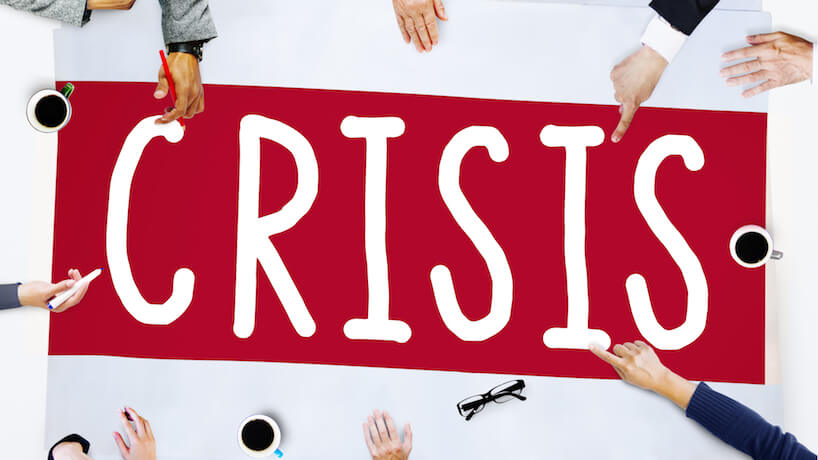The last few months have served as a seemingly constant reminder that unthinkable worst-case scenarios such as hurricane catastrophes and terror attacks can become real-life situations. In those times of crisis, event organizers are faced with the challenge of getting the word out to attendees, exhibitors, speakers, sponsors, and everyone else involved in the program. And it’s not as simple as posting an update on a meeting website or sending an email message.
As business-event strategists prepare for the unexpected, Ken Kelling, MPRCA, associate director at meetings and events PR firm Davies Tanner and a featured speaker at PCMA’s upcoming Knowledge Exchange in London, offered some essential tips for crafting the right message when a crisis unfolds.
What are some of the most common gaps in a company’s existing crisis-communications plan?
It always surprises me how many companies have no crisis-communications plan at all. Admittedly, they may be smaller businesses, but a crisis can happen to any company or any individual at any time. The most common gap is a lack of investment in regular media training for senior leaders and spokespeople “because we don’t have the budget.” Yet putting someone in front of the cameras for the first time during a crisis could make matters worse. You don’t want to be learning about how to handle the media during a crisis. Being prepared in advance will give you a huge head start.
There’s also a tendency to keep crisis-communications plans firmly in the domain of the public-relations team. While this may seem logical, it’s actually a senior-leadership responsibility and should be owned by the most senior executives in the company.
In your experience, what mistakes are most frequently made?
The biggest mistakes tend to be keeping a crisis-communications plan unused and on the shelf because “nothing’s happened for years.” For a plan to be effective, it needs to be routinely updated and examined. What’s no longer relevant? What have we learned that we can add to the plan? What new team positions do we have? What new stakeholders? Simply having a plan can give a false sense of security. If it’s not used, it may not help you at all.
Do you advise organizations to run tests to determine how effective their plans are? Should organizations plan for crisis simulations to be prepared in the event of a real emergency?
My belief is that rehearsals are crucial and nonnegotiable. Without rehearsals and tests, a plan is just words on a page. They don’t have to be full-scale, although clearly you learn more about operations that way. A tabletop exercise involving several different scenarios can be incredibly helpful in revealing gaps or testing assumptions. It’s a little bit like using a muscle. The more you use it, the stronger you become. If it’s never used at all, it can grow weak and unresponsive when you need to use it.
In the age of social media and instant information, it feels important to distribute messaging as quickly as possible. However, how should organizations balance the need for speed with the need for well-crafted, accurate instructions?
You can’t start social-media outreach from scratch when a crisis hits. So you need to keep your channels regular, up-to-date, and relevant. In my view, it’s better to “own” one social-media channel well than spread yourself too thinly across multiple channels. Twitter is undoubtedly the channel that most journalists will turn to in a crisis. It’s incredibly fast, responsive in real time, and provides sound bites that are easy to simply copy and paste.
But writing for Twitter is quite an art if you’re not used to it. So keeping a bank of ready-to-use statements in 140 characters will help you get used to expressing news about your company in a pithy but serious way. These can even be statements about scenarios you can anticipate in advance. Again, trying to do all this while you’re in the middle of a crisis is so much harder. You also need to be very clear about allocating resources to social media. If you leave it to the Millennial intern who “knows about this kind of stuff,” you’re in trouble. You need [people] capable of not just using but also monitoring and analyzing social media, [and you need] senior-leadership engagement and input.
Interested in more information to prepare your organization for the realities of today’s uncertain business climate? Register for “Liability Risks in Today’s Tumultuous Times” on Thursday, November 2 at 1:00 p.m. Central Time. The complimentary program will cover issues that your organization may not be addressing.

